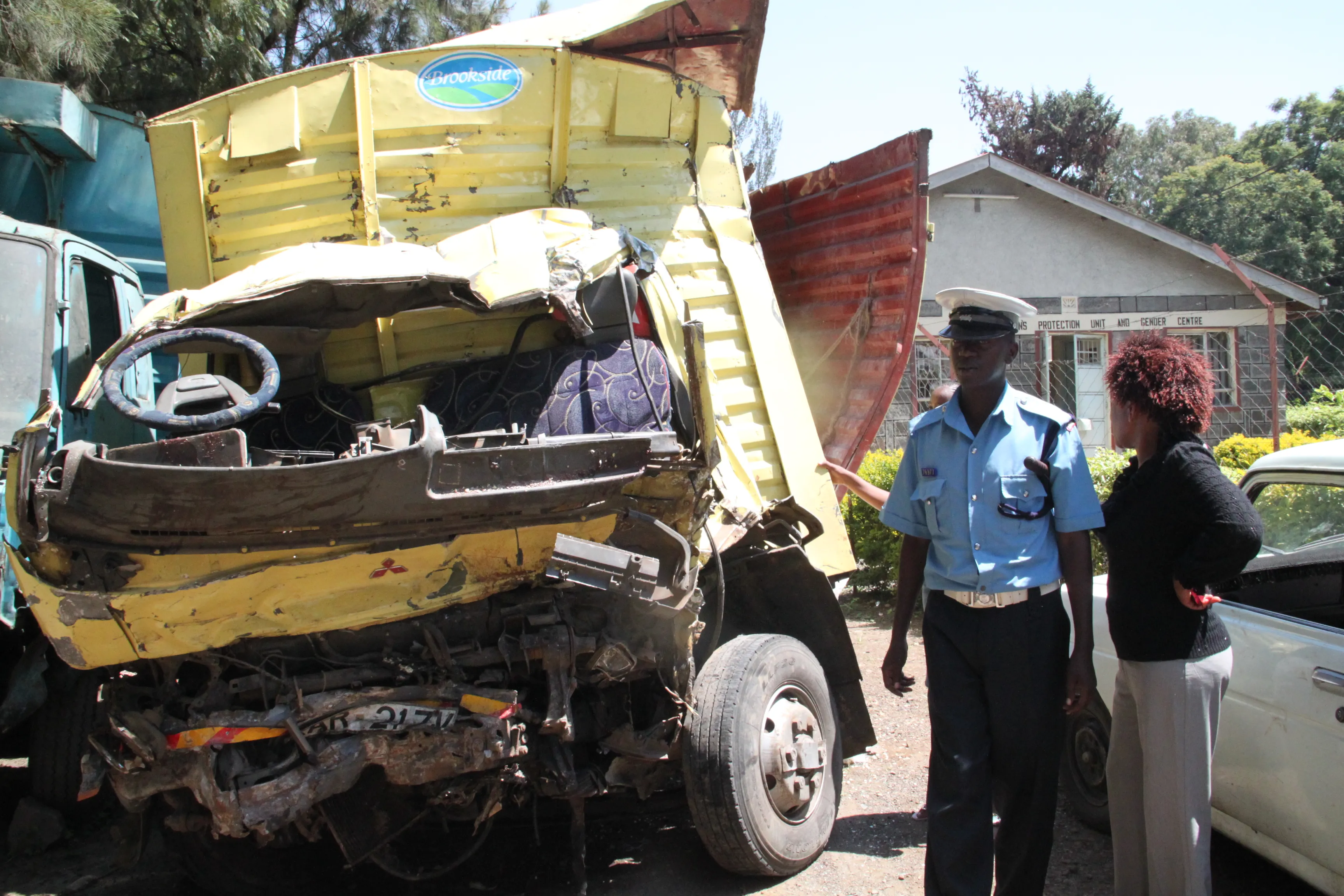
Bloomberg Philanthropies is providing US$240 million to help prevent road traffic deaths around the world. This forms part of a six-year plan intended to save 600,000 more lives and prevent up to 22 million injuries on the world’s road network. In addition, Bloomberg Philanthropies is also announcing a new Road Safety Awards competition intended to highlight successes in countries and cities around the world.
This move builds on the success of 12 years of investment and is a doubling of the support for global road safety by Bloomberg Philanthropies. The finance package will be for the period from 2020 - 2025 and is aimed at improving safety in low- and middle-income countries around the world. The six-year reinvestment in the Bloomberg Philanthropies Initiative for Global Road Safety is expected to double its impact to date. Since 2007, the initiative has saved an estimated 312,000 lives and prevented up to 11.5 million injuries. The reinvestment also includes a new awards competition to shine a light on low- and middle-income countries that have made exemplary progress in road safety.
Road traffic injuries are the 8th leading cause of death globally and the number one killer of people ages 5-29. More than 1.35 million people die and up to 50 million are seriously injured in road traffic crashes each year. Additionally, the economic losses are staggering - a recent report released by the World Bank found that reducing road traffic deaths and injuries by half could add 7-22% to GDP per capita in 5 selected low- and middle-income countries over the next 24 years.
“As Transport and Health Ministers from around the world gather in Sweden this week for the 3rd Global Ministerial Conference on Road Safety, we should keep in mind that these deaths and injuries are completely preventable. After more than a decade of working with our international and in-country partners, we know which policies and interventions are saving lives,” said Kelly Henning, director of Public Health at Bloomberg Philanthropies. “By increasing our commitment, we can double our impact by leveraging the many lessons we’ve learned and adopting new approaches that we believe will accelerate progress.”
Over the past 12 years, Bloomberg Philanthropies has invested $260 million to curb deaths and injuries from road traffic crashes. That investment has led ten countries (China, Russia, Thailand, the Philippines, Cambodia, Vietnam, Kenya, Brazil, Turkey, and India) and 12 localities to change their laws or policies to reduce at least one road safety risk factor. Over 3.5 billion people are now covered by a new road safety law or policy since the Initiative began.
Dr Etienne Krug, Director of the Department of Social Determinants of Health at World Health Organisation, said “The price we are paying for our mobility is unacceptable. We need to do much more to save lives on our roads. This new investment is excellent news that comes at a critical time when world leaders convene to decide on achieving a 50% reduction in road traffic deaths by 2030. This support from Bloomberg Philanthropies will catalyse action to help achieve that target.”
The lessons learned from that 12-year investment include adopting best-practice road safety laws and enforcing them well, as this saves the most lives. Stronger legislation accounts for 75% of the 312,000 lives saved by the Initiative to date.
Speed is the most critical risk factor, but there has been little progress on speed management. A 5% reduction in average speed can result in 30% fewer fatal traffic crashes.
Strategic communications campaigns coupled with police enforcement are key to effectively implement road safety laws and change road user behavior. Best-practice enforcement increases seat-belt and helmet use and reduces speed and drinking and driving.
The new funds will help to increase efforts to strengthen national road safety laws in 15 countries that account for roughly 60% of all road traffic deaths globally. Countries that have already committed to the partnership include Argentina, Bangladesh, Brazil, Colombia, Ecuador, Ethiopia, Ghana, India, Malaysia, Mexico, Uganda, and Vietnam.
The financing will also help support up to 30 cities to implement best-practice road safety activities. These will include running media campaigns to raise road user understanding of risk factors, training police in best practice enforcement, and redesigning high-crash, high-fatality corridors and intersections. Some cities that have already committed to the partnership include Accra, Addis Ababa, Bengaluru, Bogota, Buenos Aires, Cali, Guadalajara, Hanoi, Ho Chi Minh City, Kampala, Kumasi, Mumbai, New Delhi, Quito, Sao Paulo, Salvador, and Recife.
And the funds will help more governments regulate vehicle safety standards and raise consumer awareness to demand safer cars, so that all top-selling cars meet the UN safety recommendations in targeted low- and middle-income countries. Other moves will include reducing deaths on high-mortality roads, including interstate highways, through reduced speed limits, wider use of helmets and seatbelts, and fewer drivers speeding and drinking and driving. This programme will help to improve and enhance collection of road crash data to more accurately capture fatalities and injuries, measure impact of policies, and prioritize interventions to reduce deaths and injuries.
A key move will be the launch the “Awards for Outstanding Excellence in Road Safety” to identify and promote exemplary road safety efforts that are saving lives in low- and middle-income countries, and to increase media and government attention to the high burden of road traffic fatalities and injuries.
The road safety awards program will recognise leaders in: best practice policies; excellence in road safety data systems; speed management; infrastructure designed to protect vulnerable road users; innovation or best practice in road safety enforcement; vehicle safety.
Partners will include the World Health Organisation, National Association of City Transportation Officials – Global Designing Cities Initiative, Global Road Safety Partnership, Global Health Advocacy Incubator and World Resources Institute. They will also include the Johns Hopkins International Injury Research Unit, World Bank’s Global Road Safety Facility, Global New Car Assessment Programme (NCAP), Vital Strategies, and International Association of Chiefs of Police.






